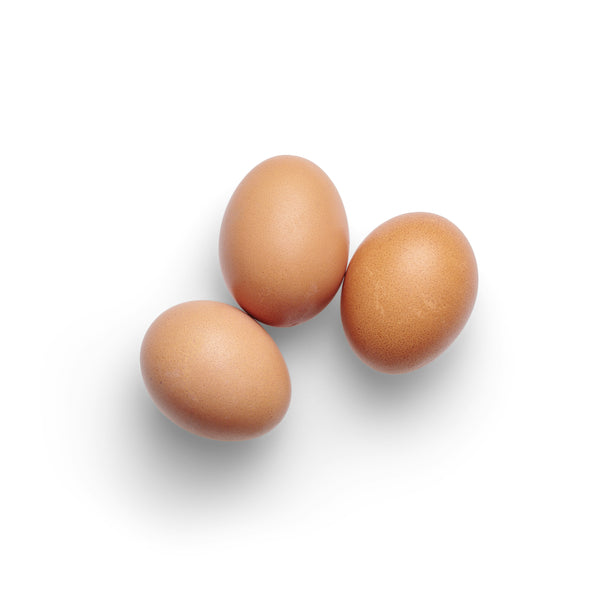Jump to:
Magnesium is one of the most important yet often overlooked minerals when it comes to women’s health. While it’s known for supporting muscles and nerves, magnesium also plays a vital role in hormone regulation, stress response, energy production, and sleep quality. Despite its importance, many women aren’t getting enough magnesium from diet alone especially during periods of hormonal fluctuation, stress, or increased physical demand.
In this article, we’ll explore the essential functions of magnesium in the female body, common signs of deficiency, and why magnesium supplements for women can be a powerful addition to a wellness routine.
What Does Magnesium Do in the Female Body?
Magnesium is involved in over 300 enzymatic reactions in the body, making it essential for daily function. It supports the nervous system, helps muscles contract and relax, regulates blood sugar, and contributes to bone health. But for women specifically, magnesium plays additional roles that influence hormonal and emotional wellbeing.
It helps maintain steady oestrogen and progesterone levels, especially in the luteal phase of the menstrual cycle. Magnesium also supports the body’s stress response by regulating cortisol, which influences mood, sleep, and inflammation. During pregnancy, magnesium needs increase to support fetal development and prevent leg cramps and hypertension. Likewise, during perimenopause and menopause, magnesium can help ease symptoms like insomnia, anxiety, and hot flushes. These functions make magnesium a foundational nutrient across all life stages, from adolescence to postmenopause.
What Are the Signs of Magnesium Deficiency in Women?
Magnesium deficiency often goes unnoticed, but it can manifest through a range of physical and emotional symptoms. Women may experience fatigue, muscle cramps, irritability, or poor sleep, which are sometimes dismissed as normal hormonal changes. Other signs include PMS, migraines, restlessness, and sugar cravings, all of which can worsen during the premenstrual phase or times of high stress.
Factors like caffeine intake, alcohol, stress, hormonal birth control, and even intense exercise can deplete magnesium levels over time. Unfortunately, even a healthy diet may not be enough to meet your needs, as modern farming practices have reduced magnesium content in soil and food. This is why many women benefit from adding magnesium supplements to their daily routine.
How Does Magnesium Support Women’s Hormonal Health?
Magnesium is deeply interconnected with hormonal balance. It helps regulate the production of oestrogen, progesterone, and cortisol, the three hormones most commonly associated with women’s physical and emotional health. For women who suffer from PMS, studies have shown that magnesium supplementation can reduce symptoms like bloating, breast tenderness, mood swings, and headaches.
Magnesium also plays a role in fertility by supporting ovulation, healthy progesterone levels, and uterine muscle tone. During perimenopause, it helps smooth the transition by calming the nervous system, improving sleep quality, and reducing anxiety and muscle tension caused by fluctuating hormones.
When Should Women Consider Taking Magnesium Supplements?
There are several key times in a woman’s life when magnesium supplementation can be particularly beneficial. If you're feeling chronically fatigued, experiencing PMS, or struggling with anxiety or sleep, magnesium may help rebalance your system. Supplementation is also recommended during periods of high stress, after illness, during intense physical training, or throughout pregnancy and breastfeeding, when nutritional needs increase.
or women over 35, magnesium can help ease the transition into perimenopause and support bone health. If you’re unsure whether supplementation is right for you, we encourage you to book a naturopathic consultation for personalised guidance.
What Is the Best Type of Magnesium Supplement for Women?
Not all magnesium supplements are created equal, and choosing the right form is key to getting results.
-
Magnesium glycinate is highly absorbable and ideal for women dealing with anxiety, insomnia, or mood swings.
-
Magnesium citrate is great for digestion and mild constipation.
-
Magnesium oxide is less bioavailable and often found in cheaper products.
At Naternal, we prioritise bioavailable forms that are gentle on the gut and effective at therapeutic doses. If you're looking for a magnesium formula that supports cellular energy, hormone balance, and nervous system health, our Mitomag magnesium supplement is specifically designed to deliver targeted support for women, especially during times of hormonal change, fatigue, or stress. It's a practitioner-developed blend that’s ideal for use across all reproductive life stages.
You’ll also find magnesium included in several of our preconception bundles, designed to support optimal fertility, sleep, and stress regulation.
Are Magnesium Supplements Safe? What Should You Know Before Starting?
Magnesium supplements are generally safe when taken at appropriate doses, typically between 200–400 mg daily for adults. Side effects are rare but may include loose stools if the form is not well tolerated. As always, it’s important to consider interactions with other medications, such as diuretics or thyroid medication. To ensure you’re choosing the right product for your stage of life, we recommend booking a consultation with our naturopathic team or using our Natal Naturopath Quiz for a personalised supplement plan.
A Small Mineral with a Big Impact
Magnesium is often called the “calming mineral” for good reason, but its impact on women’s health goes far beyond relaxation. From balancing hormones and improving mood to supporting fertility, sleep, and stress resilience, magnesium is a powerful, natural ally.
If you're not sure where to begin, explore our curated preconception and hormonal health supplements or visit our Resources Hub for more in-depth guidance. Prioritising this one mineral could make a big difference in how you feel, month after month, and year after year.






